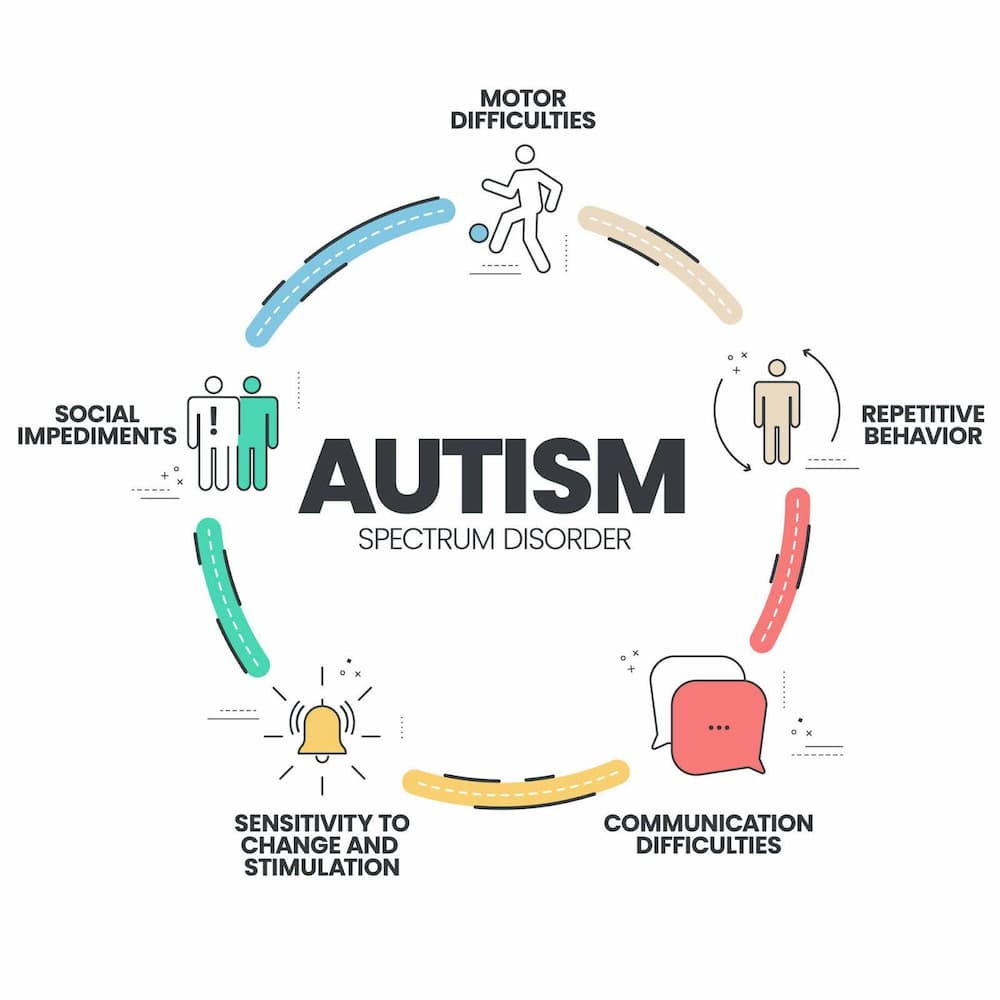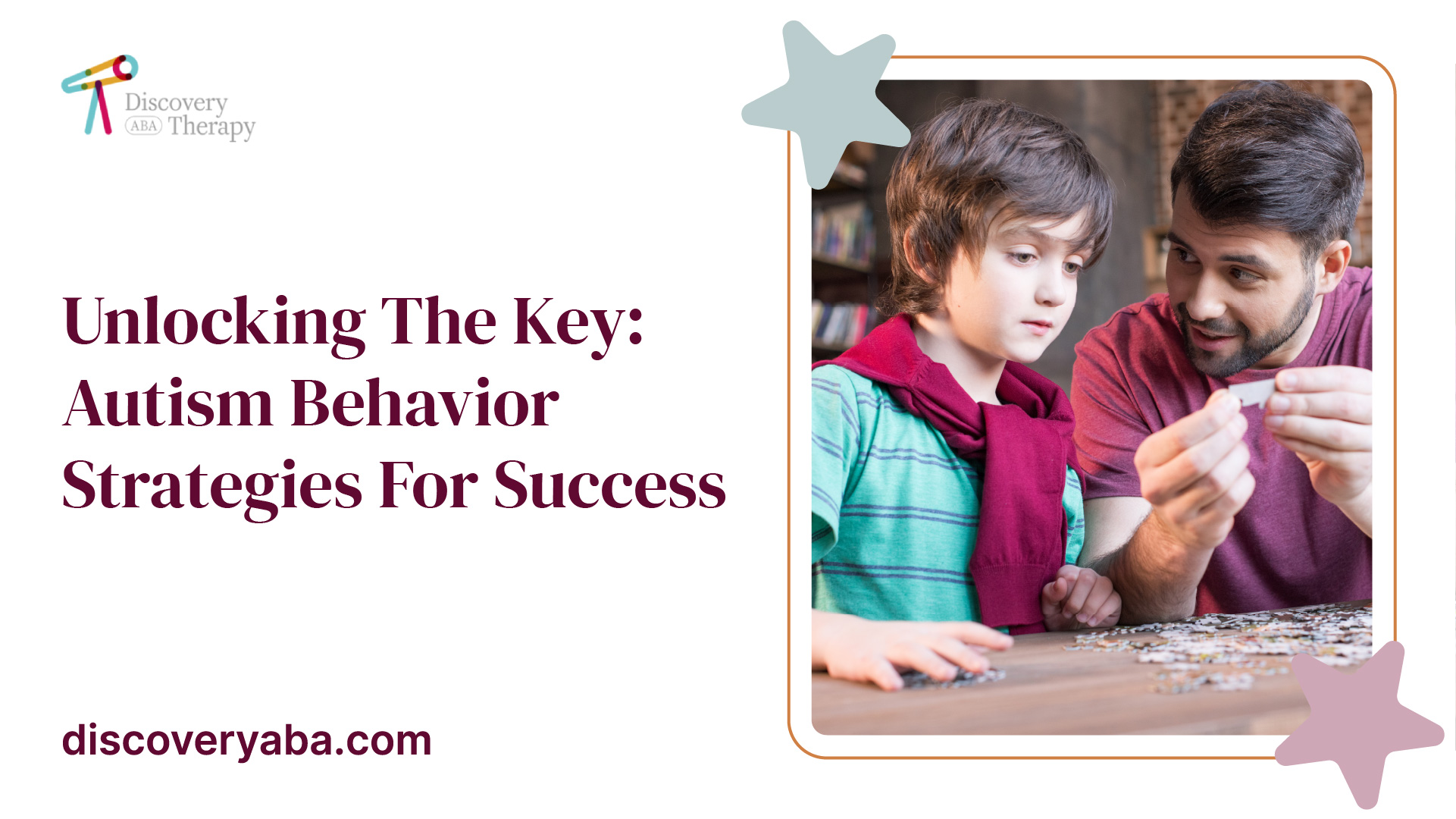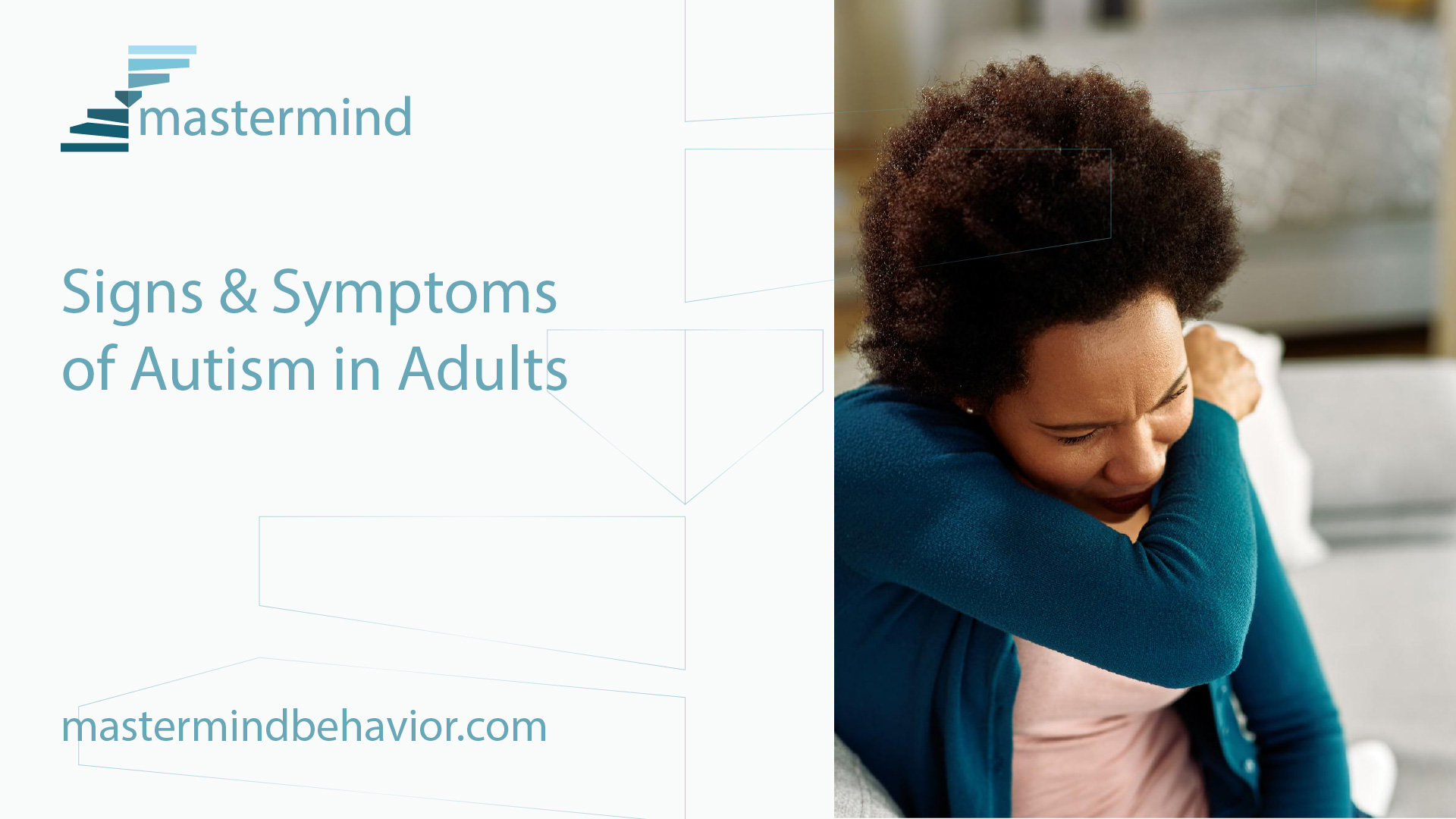Exceptional talents often seen by an experienced Autism Therapist
Exceptional talents often seen by an experienced Autism Therapist
Blog Article
Comprehending the Effect of Behavioral Autism on Day-to-day Live and Social Interactions
You might not recognize exactly how deeply behavioral autism impacts day-to-day life and social communications. Individuals on the range commonly browse a world loaded with interaction difficulties and sensory overload. These challenges can cause irritation and isolation, impacting their partnerships and total well-being. Recognizing these subtleties is important for promoting supportive atmospheres. What techniques can we implement to create more inclusive areas and purposeful links? The solutions could stun you.
Defining Behavioral Autism and Its Features
Behavior autism, commonly referred to as autism spectrum disorder (ASD), incorporates a variety of problems defined by difficulties in social interaction, communication, and repeated behaviors. You may observe that people with ASD typically have a hard time to translate social signs, which can bring about misconceptions in conversations. They may locate it difficult to develop eye contact or take part in little talk, making social circumstances feel overwhelming.
Communication troubles can materialize in different means, from delayed speech development to a choice for utilizing fewer words. By recognizing these traits, you can promote an atmosphere that advertises approval and urges effective communication, assisting individuals with autism grow in their everyday communications.
The Range of Autism: Understanding Irregularity in Habits
Autism spectrum disorder (ASD) isn't a one-size-fits-all diagnosis; it differs widely amongst individuals. You might run into individuals who are very spoken and involve quickly in conversations, while others may favor singular tasks or communicate non-verbally.
Additionally, the way people with ASD reply to sensory input can vary significantly; some could be overwhelmed by loud noises or intense lights, whereas others flourish in stimulating settings. The spectrum likewise includes distinctions in social interactions; some individuals might have a hard time to analyze social hints, while others browse social setups with loved one simplicity. Comprehending this irregularity is crucial, as it aids you value each individual's distinct experience and dressmaker assistance to their specific requirements, promoting a much more inclusive atmosphere for every person.
Interaction Obstacles Dealt With by Individuals With Autism
When you interact with people on the autism range, you might observe their special interaction obstacles. They typically encounter troubles with both verbal and nonverbal hints, which can impact their social interactions. Understanding these obstacles is important for promoting better links and assistance.

Verbal Interaction Troubles
Many individuals on the autism range experience verbal interaction problems that can substantially impact their day-to-day interactions. You could locate it testing to share your thoughts, sensations, or requires clearly. This can bring about irritation for both you and those around you, as misunderstandings occur. You might battle with initiating conversations, preserving a subject, or understanding subtleties in speech. Commonly, you could like making use of simple language or repeated phrases, which can limit your capacity to participate in much deeper discussions. Your speed, quantity, or tone could not line up with social assumptions, creating others to misinterpret your intents. Recognizing these obstacles can assist you and your assistance network create methods to improve communication and cultivate much better connections with others in your day-to-day live.
Nonverbal Interaction Obstacles
Spoken interaction isn't the only obstacle people on the autism spectrum face; nonverbal communication barriers can be equally as considerable. You might locate it hard to translate body language, face expressions, and eye call, which are important for efficient communication. These obstacles can bring about misconceptions or misinterpretations of social cues, making communications feel confusing or frustrating. You might have a hard time to share your very own feelings via nonverbal ways, leaving others uncertain of your sensations or objectives. This separate can develop sensations of seclusion and stress. Identifying these barriers is vital for cultivating understanding and empathy in your communications. By dealing with nonverbal communication, you can locate strategies to boost your social experiences and boost your overall top quality of life.
Social Communication Impacts
Social interactions can frequently feel frustrating because of the one-of-a-kind interaction challenges dealt with by individuals with autism. You could deal with interpreting social signs, making it difficult to comprehend sarcasm or body movement. This can result in misconceptions or unpleasant minutes in conversations. Furthermore, launching and preserving discussions may feel tough, creating stress and anxiety in social scenarios. You may favor structured atmospheres, making spontaneous interactions unpleasant. It's additionally usual to experience trouble in participating in tiny talk, which can hinder forming new relationships. Recognizing these challenges can aid you discover approaches to improve communication, such as practicing social abilities in risk-free settings or utilizing visual aids - Aba Therapist. Comprehending your needs allows you to navigate social interactions with greater confidence and simplicity.
Social Interaction and Partnership Building in Autism
While structure connections can be challenging for people with autism, comprehending their unique point of views and communication styles can promote purposeful connections. You may observe that many people on the range like straight communication and might battle with social signs or small talk. By being uncomplicated in your communications, you can aid produce an environment where they really feel comfy.
Put in the time to listen and observe just how they express themselves. This insight can guide you in steering conversations much more properly. Taking part in shared interests can additionally work as a bridge to much deeper connections. Whether it's a pastime, a favorite show, or a common interest, these usual strings can open doors to friendship.
Daily Life Routine: Browsing Difficulties and Strategies
Maneuvering daily life routines can be particularly testing for individuals with autism, specifically when unexpected adjustments take place. To browse these difficulties, take into consideration carrying out aesthetic routines or checklists.
Developing a routine that consists of sensory breaks can also be beneficial. This helps develop an understanding setting.
Last but not least, method mindfulness methods to handle stress and anxiety and anxiousness. Basic breathing workouts or basing techniques can make a considerable distinction. By including these strategies, you can improve your day-to-day regimen and reduce interruptions, making life feel extra workable.
Staminas and Abilities of Individuals on the Autism Spectrum
Comprehending day-to-day life routines is just one facet of the autism experience. Several people on the autism range have exceptional toughness and capacities that set them apart. You may discover that your interest to detail is extraordinary, more info permitting you to succeed in jobs that call for accuracy and focus. Your capacity to believe outside package can lead to ingenious solutions in different situations.
Additionally, your memory skills frequently radiate, specifically in locations of rate of interest. Autism Spectrum Therapies. This propensity for retaining details can make you a useful resource in fields like art, modern technology, or science. You may likewise exhibit strong aesthetic reasoning, enabling you to picture complicated concepts and fix issues creatively
In addition, your special point of view on the world can foster empathy and understanding in others, enriching social communications. Accepting these toughness not only boosts your self-confidence however also aids others appreciate the diverse talents you bring to the table.
Producing Inclusive Environments for Individuals With Autism
Developing comprehensive settings for individuals with autism begins with creating sensory-friendly spaces that provide to their distinct requirements. You can likewise foster opportunities for social interaction, assisting to develop links and relationships. By making these adjustments, you'll contribute to an extra inviting environment for everybody.
Creating Sensory-Friendly Spaces
While designing sensory-friendly areas, it's crucial to show on the special needs of individuals with autism. Integrate quiet areas where individuals can charge and retreat when overwhelmed. Consist of aesthetic routines or clear signs to assist people browse the room with confidence.
Advertising Social Interaction Opportunities
Creating sensory-friendly areas not just addresses individual convenience yet likewise establishes the phase for significant social interactions among people with autism. To promote these interactions, develop comprehensive environments that invite engagement. Organize organized activities, like art classes or group video games, that motivate partnership without frustrating sensory input. Use visual help and clear interaction to assist every person involve easily. Urge peer mentoring, pairing people with autism with encouraging peers that can direct them via social scenarios. In addition, consider holding routine community events that commemorate neurodiversity, promoting acceptance and understanding amongst all individuals. By executing these methods, you can enhance social chances, helping individuals with autism develop friendships and strengthen their social skills in a safe, welcoming setting.

Frequently Asked Concerns
Exactly How Can Friends Support Someone With Behavioral Autism?
You can sustain a good friend with behavioral autism by being individual, paying attention proactively, and respecting their borders. Involve in tasks they delight in, communicate freely, and produce a comfy environment where they really feel valued and comprehended.
What Resources Are Readily Available for Parents of Children With Autism?
You can check out various resources for parents of children with autism, including support groups, educational internet sites, and regional social work. Attaching with other parents can additionally give beneficial insights and shared experiences to help browse obstacles.
Can Behavioral Autism Change In Time?

Yes, behavioral autism can transform in time. You could notice changes in communication, social skills, and behavior as your youngster grows. Early treatment and support often play essential roles in these developmental modifications.
How Do Sensory Level Of Sensitivities Affect Every Day Life?
Sensory level of sensitivities can make day-to-day experiences frustrating. You might fight with loud noises or brilliant lights, leading to stress and anxiety or avoidance. Discovering settings that accommodate your requirements can greatly enhance your convenience and overall day-to-day live.
What Are Typical Misconceptions About Behavioral Autism?
You might believe behavior autism only affects communication abilities, however it's even more facility. Numerous think individuals do not have compassion or intelligence, which isn't true. Recognizing these misconceptions assists foster approval and assistance for those on the range.
Behavioral autism, commonly referred to as autism range condition (ASD), incorporates a range of conditions characterized by difficulties in social communication, interaction, and repeated actions.Social communications can frequently feel overwhelming due to the special interaction difficulties dealt with by people with autism.Creating sensory-friendly areas not just addresses private comfort however also sets the phase for purposeful social communications amongst individuals with autism. Motivate peer mentoring, pairing people with autism with supportive peers who can direct them with social circumstances. By carrying out these approaches, you can boost social possibilities, assisting people with autism develop friendships and strengthen their social skills in a secure, inviting atmosphere.
Report this page